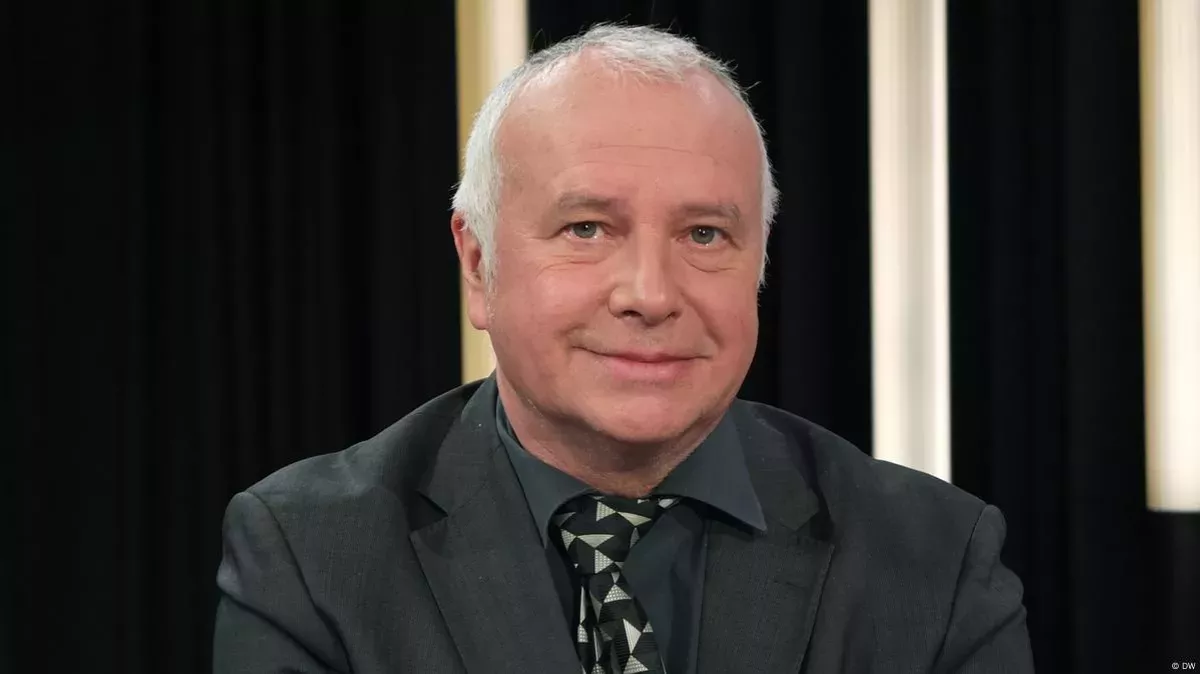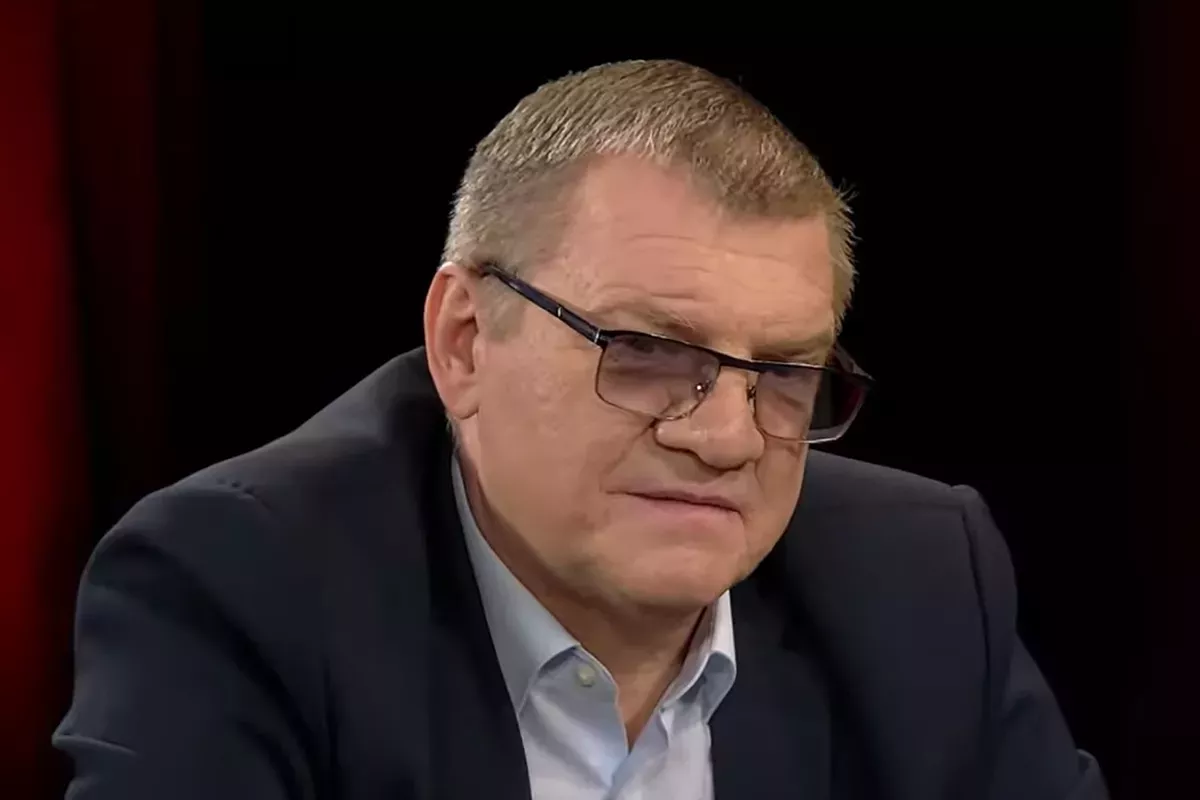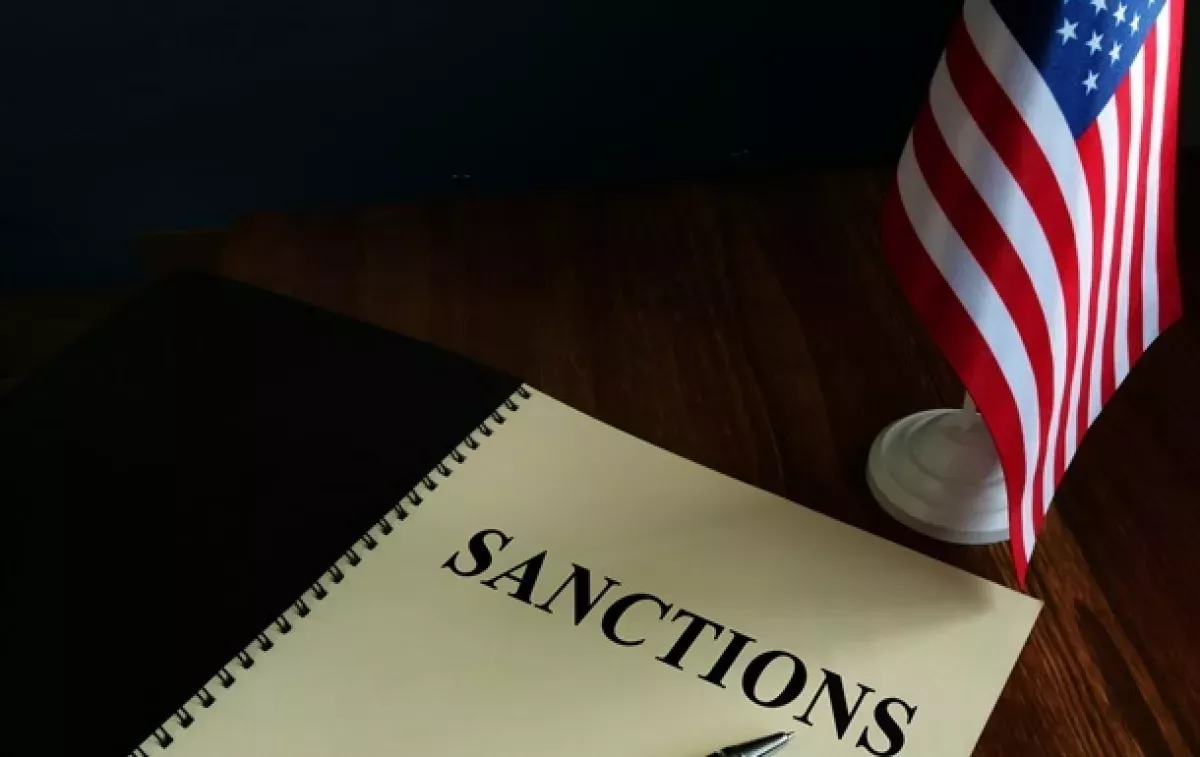Unpacking EU’s double standards Expert views from Germany, Belarus
India has responded to Trump’s accusations over its purchase of oil from Russia. As stated in the Indian Foreign Ministry’s statement, Europe and the United States also import goods from Russia, and the list is quite extensive.
The ministry also pointed to what it described as “revealing” of the countries criticising India, adding that some continue to trade with Russia, noting that “unlike our case, such trade is not even a vital national compulsion.”
India’s Foreign Ministry reminded that the EU continues to purchase energy resources, fertilisers, metallurgical products, and more from Russia, while the US imports fertilisers, chemicals, uranium hexafluoride for the nuclear industry, and so on.
This indeed raises a number of sharp questions: “How can Europe’s policy of double standards be explained — a policy in which one hand supplies weapons to Kyiv while the other buys a whole range of goods essential to its economy from Moscow?”
Experts from Germany and Belarus shared their views on this situation with Caliber.Az.

German political scientist and chairman of the Eurasian Society of Germany, Alexander Rahr, believes that the EU sanctions against India are essentially sanctions against Russia, and that India itself has nothing to do with it. However, the logic of the European Union and its policy of double standards is not so easy to trace. In the political scientist’s view, the rule of “all’s fair in war” is more likely at play here.
“The European Union is frantically trying to stop the advance of Russian troops in Ukraine, and in Brussels they pay no attention to double standards or other flaws. India is, of course, right — EU countries continue their cooperation with Russia, and sanctions do not apply to them. But I stopped understanding the logic of Brussels’ sanctions policy a long time ago,” said Rahr.

In turn, Professor at the Russian Academy of Military Sciences and Belarusian military-political analyst Alexander Tikhansky believes that there is indeed a paradox in the EU’s actions. This paradox lies, in particular, in the fact that despite its declared sanctions policy, the European Union in 2024 increased imports of Russian gas via Türkiye to a historic high, while trade turnover between Europe and Russia remains consistently high.
“The figures provided by the Indian Ministry of Foreign Affairs confirm this: in 2024, bilateral trade in goods between the EU and Russia amounted to €67.5 billion, and trade in services reached €17.2 billion. These figures are significantly higher than India’s trade volume with Russia. Moreover, LNG imports from Russia to Europe in 2024 hit a record 16.5 million tons, surpassing the 2022 level. The EU continues to import a wide range of goods from Russia — from fertilisers and mining products to chemicals, iron, steel, and transport equipment,” the Belarusian pundit emphasised.
According to him, the EU’s attempts to impose its own sanctions against “shadow” tankers and intermediaries in China, Türkiye, and other countries, in order to “destroy Russia,” have been practically ineffective.
“Even the threat of secondary sanctions from the United States does not seem so significant, given the volumes of trade between other countries and Russia. Whitkoff’s attempts to negotiate with Moscow within the framework of the American ultimatum are purely technical: China, India, and Brazil have rejected all proposals from the United States. Well, it is quite possible that the rhetoric about seizing Russian assets frozen in Europe will be revived,” he added.

The actual detachment of Europe from the problems in Ukraine is obvious, especially considering the sanctions evasion not only by India but also by German equipment manufacturers. Trade with Russia continues through third countries, while Ukraine’s requests for financial support are increasingly being rejected, the political analyst noted.
In his assessment, over the three years of the conflict in Ukraine, Europe has become significantly more militarised. NATO countries have set a goal to increase military budgets to 5% of GDP, which will amount to about one trillion euros per year. Germany is carrying out military reforms, and the stocks of military equipment manufacturers (Rheinmetall, Saab, Bofors, and others) are rising.
“European countries are actively modernising their military infrastructure, including along the border with Russia. However, the constant buildup of military capacity without the corresponding economic resources may prove unfeasible. The prolonged conflict undermines not only the military capabilities of NATO and the EU but also their moral authority. In the end, we are witnessing the formation of a new world order, where multipolarity and the consideration of the interests of Global South countries are becoming a reality, and American hegemony is loosening its grip,” Tikhansky concluded.








